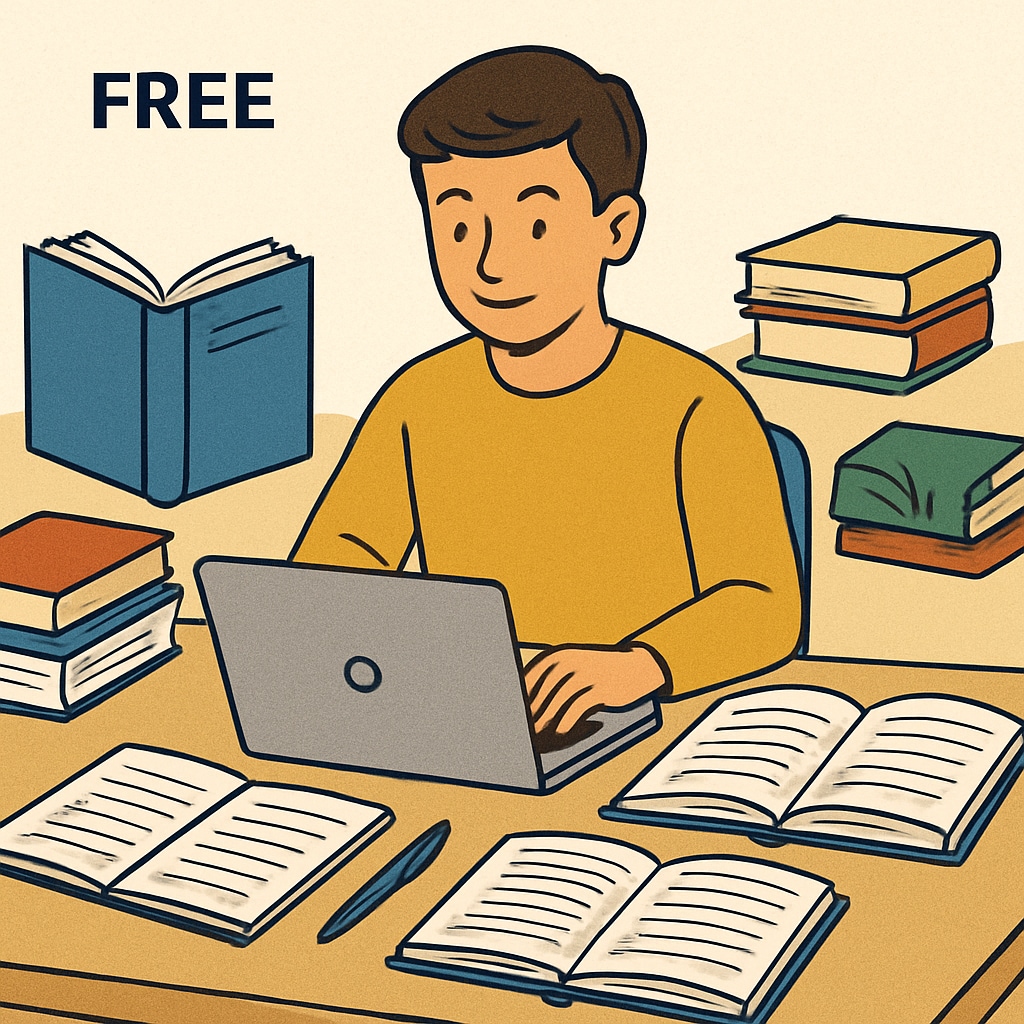High school students today have access to an incredible array of **educational courses, extracurricular learning resources** beyond the classroom. Whether you’re looking to supplement your knowledge in a challenging subject, prepare for standardized tests, or explore new areas of interest, the options are both diverse and accessible. In this guide, we’ll explore some impactful ways to enhance your learning journey using external resources, tailored to different needs and preferences.
Free Online Platforms: Accessible Learning for All
One of the most popular avenues for extracurricular learning is free online platforms. These resources provide open access to quality content across a variety of subjects, ideal for students seeking flexibility and affordability. For example, websites like Khan Academy offer comprehensive video tutorials and practice exercises for subjects ranging from algebra to art history. Similarly, Coursera provides free courses from world-class universities, with the option to upgrade for certification.
- **Khan Academy**: Ideal for mastering fundamental skills in math, science, and humanities.
- **YouTube Channels**: Many educators share free lessons on platforms like YouTube, making it easy to learn visually.
- **OpenStax**: Offers free textbooks for advanced high school and college-level subjects.

Paid Courses and Personalized Tutoring: A Tailored Approach
For students who require more structured guidance or wish to delve deeply into specific subjects, paid courses and tutoring services can be immensely beneficial. Many platforms, such as Udemy, offer affordable courses on niche topics like coding, creative writing, and graphic design. Alternatively, personalized tutoring services like Tutor.com allow one-on-one sessions tailored to your goals, helping you address weaknesses or accelerate learning.
- **Udemy**: A wide range of specialized courses, including career-oriented skills.
- **Tutor.com**: Personalized tutoring for challenging subjects or test prep.
- **Local Learning Centers**: Many communities have centers offering paid classes in STEM, language, or arts.

Community-Based Resources: Local Libraries and Workshops
Community resources are often overlooked, but they can provide unique opportunities for hands-on learning. For example, local libraries frequently host workshops, book clubs, and study sessions. In addition, community centers may offer classes in public speaking, computer literacy, or even vocational skills, often at little to no cost.
- **Public Libraries**: A hub for free resources, including books, e-learning tools, and events.
- **Community Workshops**: Topics like photography, coding, or leadership skills.
- **Non-Profit Organizations**: Partner with schools to offer enrichment programs.
These resources provide an excellent way to network with peers and professionals while expanding your skill set.
Balancing Your Options: Finding the Right Fit
Choosing the right extracurricular learning resources depends on your individual goals, schedule, and budget. While free platforms are great for self-paced learning, paid courses and tutoring might be better suited for targeted needs. Community-based resources offer hands-on experience and social interaction, which can be particularly enriching.
Here are a few tips to help you make the best decision:
- **Assess your needs:** Identify subjects or skills you want to improve or explore.
- **Set a budget:** Decide how much you’re willing to invest in paid resources.
- **Experiment:** Try different types of resources to find what works for you.
By utilizing a combination of these resources, you can create a personalized learning strategy that aligns with your academic goals and personal interests.
Readability guidance: This article uses a mix of lists, short paragraphs, and examples to ensure clarity. The content is structured to provide actionable advice while encouraging exploration of diverse options.


